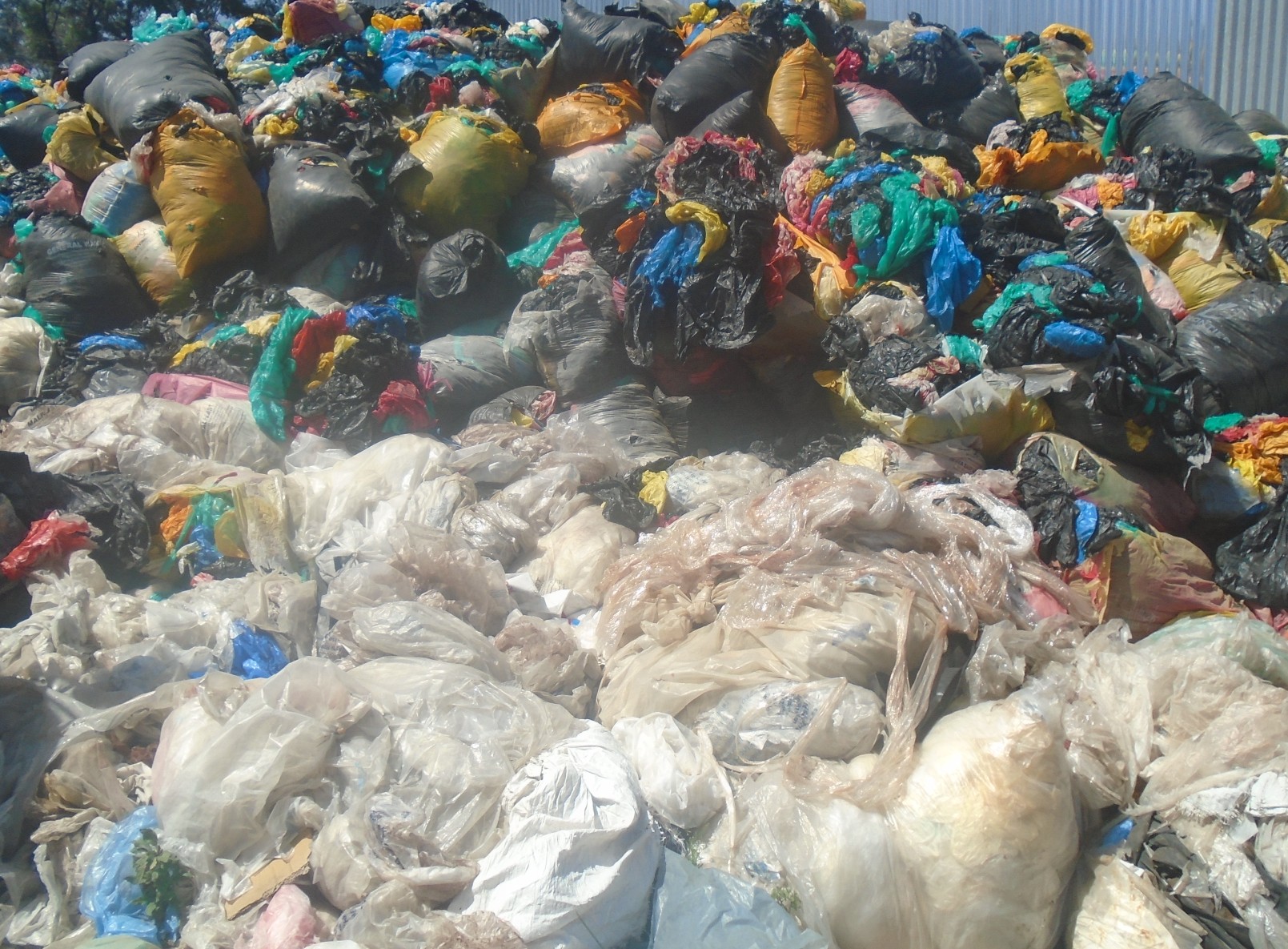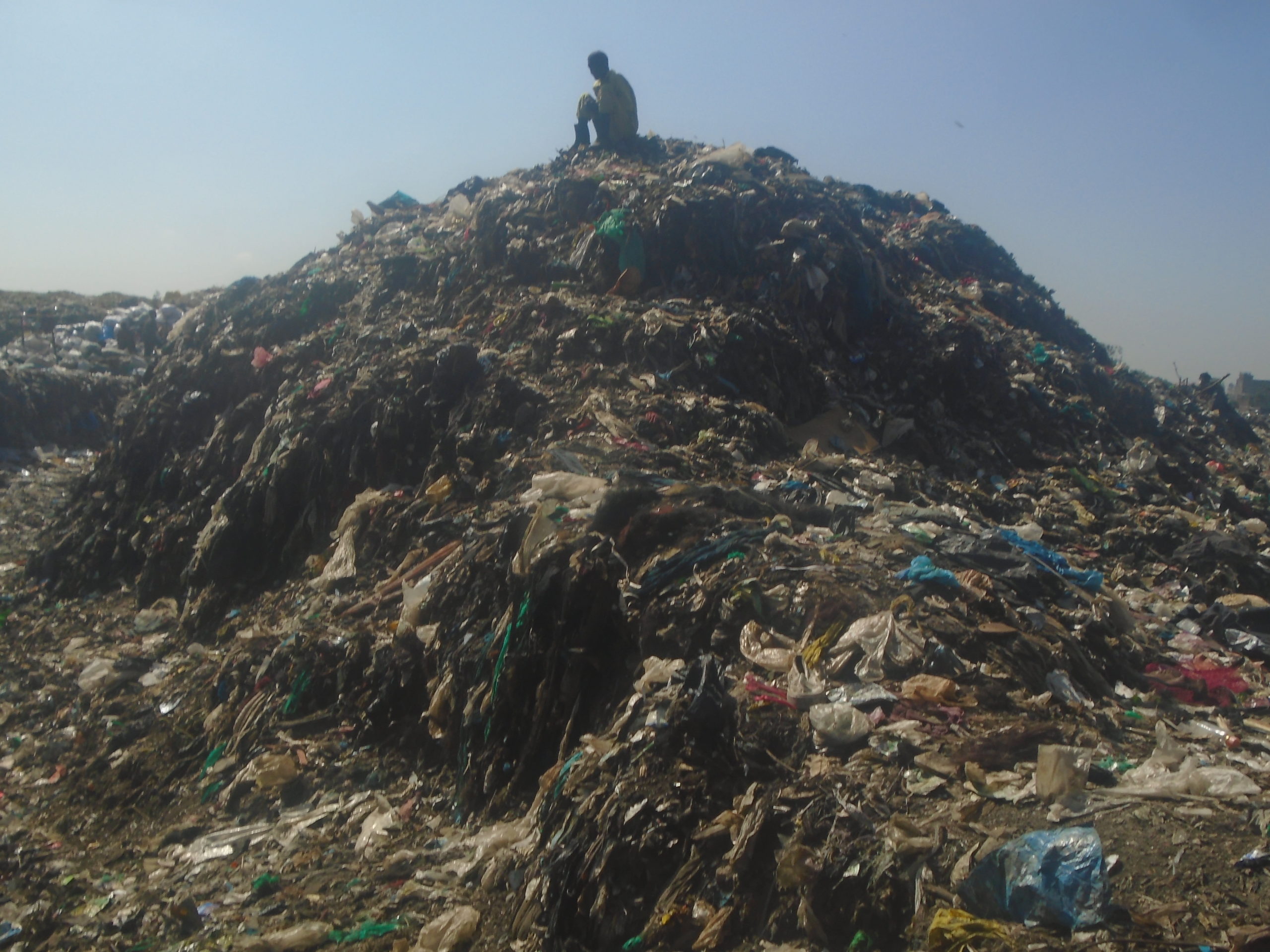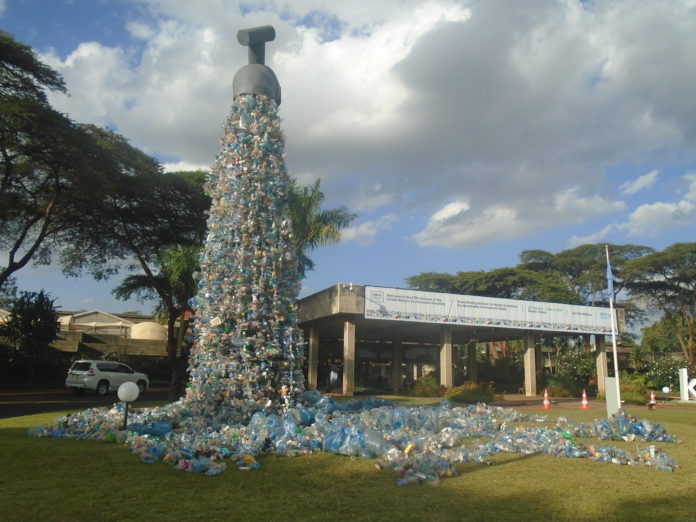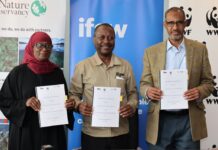By Henry Owino
Nairobi, Kenya: World leaders are gathering in Nairobi, Kenya this week (28 February to 4 March 2022) to attend the fifth session of the United Nations Environment Assembly (UNEA) that also marks 50 years of the UN Environmental Programme (UNEP) thus Golden Jubilee (1972-2022).
As the assembly kicks off at the environmental capital of the world, plastics pollution is top of the agenda among others this year. Though there are close to 16 agendas of discussions, there is the likelihood of unanimous agreement and declaration to ban single-use plastics.
According to Inger Andersen, Executive Director, UNEP, plastics are a menace to the environment yet were introduced in the 1950s. Currently, there are 9 billion tonnes of plastics produced in a day, and out of it, all 7 billion ends up as waste.

“We produce 400,000 plastics annually and 300,000 plastics become waste thereby polluting the environment. We need to take global action on this just like Kenya took bold step 7 years ago and ban single-use plastics,” Andersen anticipated.
“That is not enough because at the global level we still have the problem and decision should be made globally as agreement and that is the biggest decision on the docket in this meeting,” she asserted.
A few delegates in the conference could be heard inside the meeting seconding the idea of a global plastic ban. They reasoned it has become major environmental pollution causing deaths to animals when swallowed hence likely have a resounding resolution.
The four days conference is attended by Ministers, Heads of States and Government, Delegations, Civil Society Organizations (CSOs), Scientists among others. The attendees are expected to meet, debate, discuss and make decisions on a number of priorities areas within the UN technical environmental concerns.
Andersen clarified that about 16 proposals or suggestions on the table, are to be debated on and resolutions made within the stipulated period. For instance, pollution, chemicals, nature, lakes just to mention a few issues that are important to the world.
So, decisions taken are aimed at driving actions for a better world not to punish any country.
Despite the Covid-19 scare, approximately 192 countries are attending either in-person or virtual as hosted by Kenya the only UN headquarters in the Global South and it is the environmental capital of the world, Nairobi.
This year’s theme is; “Stockholm+50: a healthy planet for the prosperity of all – our responsibility, our opportunity.” The theme calls for strengthened action to protect and restore nature and the nature-based solutions to achieve the SDGs in its three complementary dimensions; social, economic, and environmental.
For 50 years now, the UNEP has coordinated this worldwide event with efforts to confront the planet’s biggest environmental challenges. These include pollution, biodiversity laws, climate change crisis among others.
Currently, water bodies are being choked by Covid related waste and soon will be another disaster both for aqua life and human beings.

Opportunities for Global Economy
According to Andersen, Executive Director, UNEP there is a lot being done on the climate crisis, to win and diversify the situation. For instance, Kenya is among countries that have made significant investments in geothermal, wind energy, solar energy both on-grid and off-grid to reduce emissions.
“We want a win-win situation in the world as UN is also working around the clock with other opportunities such electric mobility of two or three-wheelers including the vehicle in order reduce air pollution through emissions,” Andersen said.
She noted it is good for public health, individual health, and the prosperity of nations. Again, at the same time, Kenya invested in Blue Economy at the ocean to safeguard nature and thus protect biodiversity not just for beauty but for economic purposes.
About climate change, she said Kenya or Africa is not responsible nor did it cause it but the G20 which are the wealthiest in terms of economy. Such continents need to do much better to reduce their because they contribute hugely compared to African countries.
The UNEA is the highest meeting where members and world leaders meet and make major decisions on environmental matters. It is an opportunity for the Member States and stakeholders to share best practices for sustainability and create momentum for governments to build back better through green and sustainable recovery plans, following the COVID-19 pandemic.














